Everything Everywhere All at Once continues Asian cinema’s ascent to Hollywood glory 65 years later
People in this article
and live on Freeview channel 276
The talk of Tinseltown after this weekend is all about Everything Everywhere All at Once, which swept its categories at Sunday’s Screen Actors Guild Awards 2023, and made history with Michelle Yeoh and Ke Huy Quan becoming one of the few actors of East Asian descent to win awards at the prelude to the Oscars in March.
It has once again led to discussions about Asian representation on both the big screen and the format du jour for the past ten years - streaming services. We only have to look at the ubiquitous success of the South Korean survival drama Squid Game, released in 2021 to audience acclaim and became one of the water cooler conversations while working remotely during the pandemic.
Advertisement
Hide AdAdvertisement
Hide AdIt managed to capture the attention of many in the West and was regularly featured and sometimes lampooned on television in the United States and many other English-speaking countries - demonstrating K-television is as popular in the West as K-Pop with the rise of stars such as BTS.
For her part, Michelle Yeoh’s win has been seen as a long time coming; regularly viewed in the West as an exceptional talent from the area, Yeoh was first brought to the attention of widespread Western audiences through her role in Ang Lee’s Crouching Tiger, Hidden Dragon in 2001, though a nomination from the big five ceremonies during awards season (Emmy Awards, Golden Globes, BAFTAs, SAGs, Oscars) kept eluding her.
It took 25 years for Yeoh to finally earn a nod from the Academy - a lengthy time between her first nomination for an award in the West (MTV Movie Awards for Best Fight in 2001 when he starred in Tomorrow Never Dies.)
In the 93 years of Oscar history, littered throughout have been watershed moments for Asian cinema, from surprise nominations to well-deserved wins. Everything Everywhere All at Once seems to have a lot of momentum on its side after the SAGs 2023, and since the first Asian actress was nominated for an award in 1957, Peopleworld has looked at how much critical mass has gathered for Michelle Yeoh, Ke Huy Quan and company throughout Oscar history.
Advertisement
Hide AdAdvertisement
Hide AdSessue Hayakawa - 1958
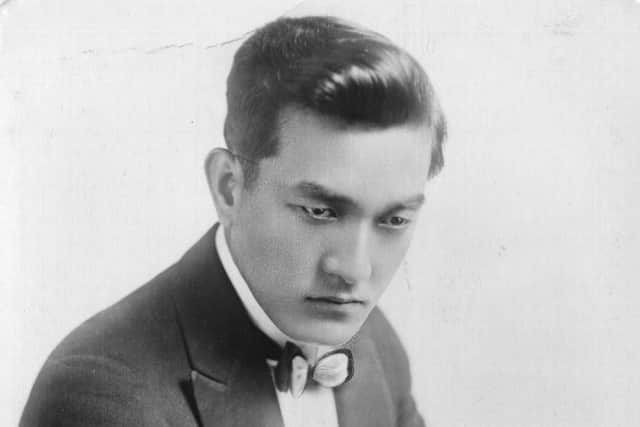

1957 was an important year for Asian representation in Hollywood, as the Academy Awards saw its first two nominees of Asian descent nominated for big awards. The first of the two was Sessue Hayakawa, who was nominated for the Best Supporting Actor award for his role in The Bridge Over the River Kwai. Though he lost the award to his fellow cast member, Sir Alec Guiness, the importance of his nomination has not been lost on scholars.
In a 2010 update to the biography about Hayakawa’s career, Film professor Karla Rae Fuller wrote: "What is even more remarkable about Hayakawa’s precedent-setting career in Hollywood as an Asian American is the fact that he is virtually ignored in film history as well as star studies."
"Furthermore, the fact that he reached such a rare level of success whereby he could form and run his own production company makes his omission from the narrative of Hollywood history even more egregious."
Miyoshi Umeki - 1958
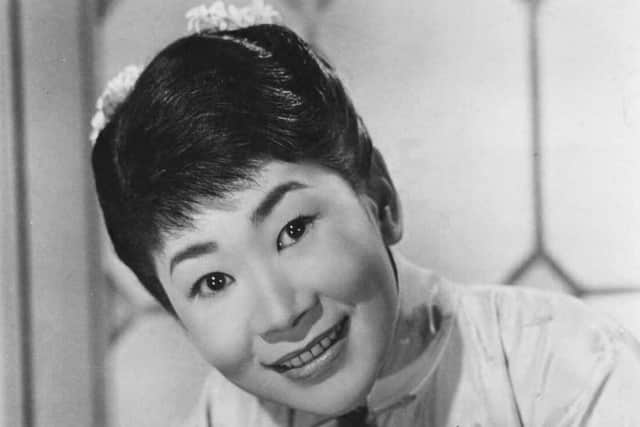

However, his counterpart in the Best Supporting Actress category did make history, becoming the first Asian to win an Academy Award in the field of acting. Miyoshi Umeki’s role in the 1957 film Sayonara saw the actress appear alongside a hallowed name in cinema history - Marlon Brando in what could possibly be seen as his prime years.
Advertisement
Hide AdAdvertisement
Hide AdThough the story has been done almost to death in cinema and television (a cross-culture love story of an American Air Force fighter pilot during the Korean War who falls in love with a famous Japanese dancer), it earned both the Best Supporting Actor and Best Supporting Actress award, though Umeki’s win was seismic for Asian cinema.
Hiroshi Teshigahara - 1965
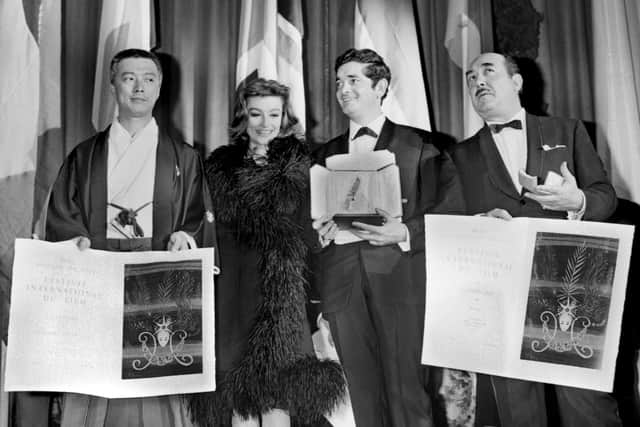

The Academy Awards saw the first Asian nominated for the Best Director award in 1965, through the virtue of Japanese director Hiroshi Teshigahara. His film Woman in The Dunes about an entomologist searching for insects and Kyōko Kishida as the titular woman. It received positive critical reviews and was nominated for two Academy Awards.
It received a nomination in the Best Foreign Language category, but the bigger take away from its Oscars nods is that Teshigahara was the first director of Asian descent to be nominated for cinema’s biggest directing award. It would be an additional 40 years until the path that Teshigahara paved for other directors of Asian descent to reach the proverbial pot of gold at the end of the road.
Haing S. Ngor - 1985
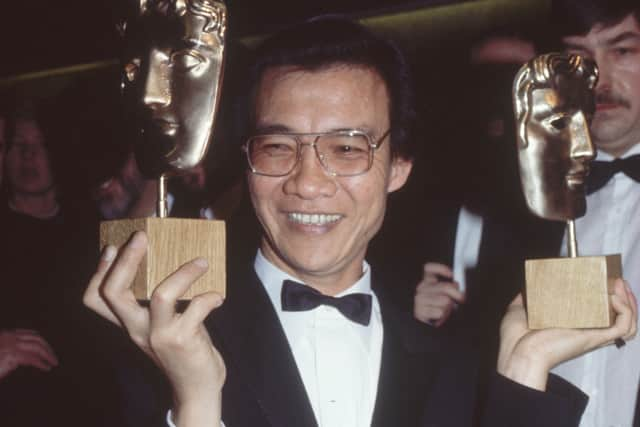

Sessue Hayakawa walked so Cambodian actor Dr. Haing S. Ngor could run - onto the stage to pick up the Best Supporting Actor award in 1984 for his role in The Killing Fields. What made Ngor’s win even more special was his role in Roland Joffe’s film about the Khmer Rouge atrocities was that it was his first acting role.
Advertisement
Hide AdAdvertisement
Hide AdThe win was seen as somewhat of a shock, as Ngor was up against John Malkovich in the category. However, with the Academy’s predilection towards true stories and historical features over time, it came as no surprise Ngor picked up one of the two Oscars the film received.
Even The Simpsons made a reference to Ngor’s Oscar win - the height of popular culture’s zeitgeist in the ‘90s was always picked up by the Springfield family.
Ang Lee - 2005
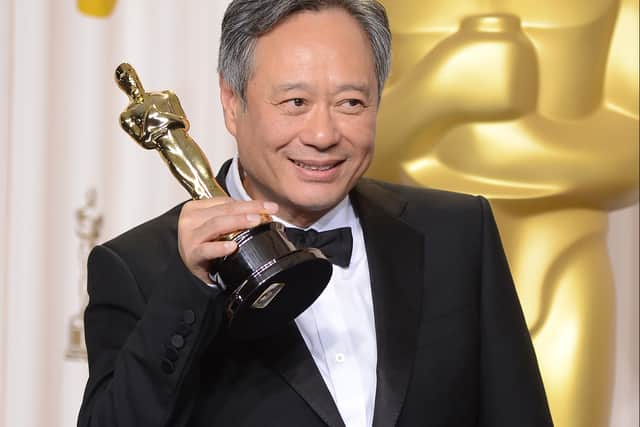

Brokeback Mountain was an Oscars darling in 2005, with the ensemble cast including a late Heath Ledger and Jake Gyllenhaal earning critical acclaim alongside the film’s director, Ang Lee. Lee had been nominated for the Best Director award five year before with his film Crouching Tiger, Hidden Dragon (starring future Oscar nominee, Michelle Yeoh), but it was the cowboy-drama and it’s LGBTQIA+ themes that earned Lee the long away Best Director award - not just for himself, but the first Asian to win the Best Director award in the history of the Oscars.
The passion and delight Ang Lee demonstrated during his acceptance speech finally broke a long-standing barrier for Asian representation in Hollywood, as during his acceptance speech he could only look at the Oscar and remark "Wow, I wish I knew how to quit you."
Advertisement
Hide AdAdvertisement
Hide AdLee went on to once again win the Best Director going in 2012 for his movie, Life of Pi, but lost out on the Best Picture award to Argo, directed by Ben Affleck.
Bong Joon-ho - 2020
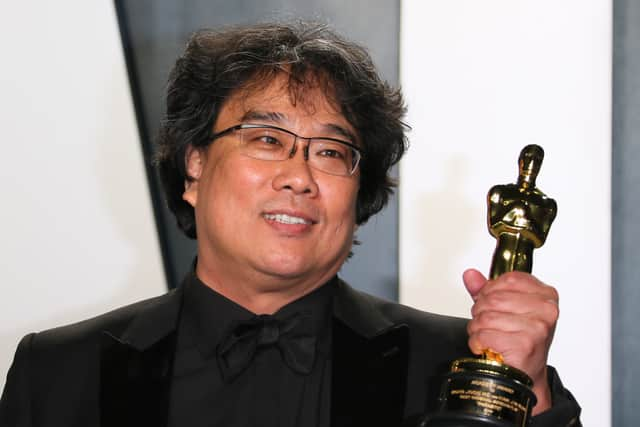

However it would only be seven years later that Asian cinema picked up the biggest award in cinema making and to further compound the significance of Parasite for Asian cinema, was one of the rare foreign language films to earn the Best Picture gong.
The South Korean production was the talk of Tinseltown upon its Western release, with many film critics lauding the film’s approach on societal issues that might not be well known to occur in South Korea, but are very evident in Western society. Bong Joon-ho became the first director to see a non-English language film win the Best Film award, and in doing so became the first Asian director to lead a piece of East Asian cinema to the pinnacle of filmmaking acknowledgement.
Steven Yeun - 2021
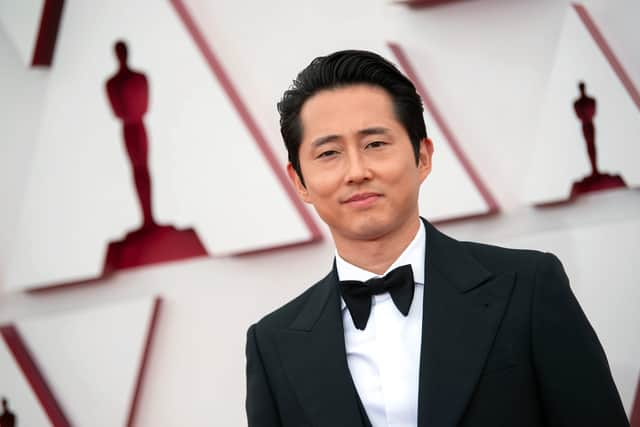

South Korean born actor Steven Yeun could have easily faded into obscurity after being written off AMC’s long-running horror The Walking Dead, but instead the actor made some interesting choices in terms of eschewing the 'sidekick' role he kind of ended up being lumped into alongside Rick Grimes (as the character Glenn).
Advertisement
Hide AdAdvertisement
Hide AdInstead, Yeun picked up more character-driven roles in horror comedy Mayhem and the genre-bending comedy Sorry To Bother You, opposite Lakeith Stanfield and Tessa Thompson. But it was a story about a family of South Korean immigrants who try to make it in the rural United States during the 1980 with Minari that earned him the Best Actor nomination in 2021.
In doing so, Yeeun became the first actor of Asian descent to be nominated for the Best Actor award, and despite losing out to Sir Anthony Hopkins, it cemented Yuen as a diverse actor and epitomised the strength East Asian cinema has grown from since Sessue Hayawaka’s first acting nomination 61 years previously.
Minari didn’t come away empty handed though - one of Korean cinema’s elder statesperson, Youn Yuh-jung, beat Olivia Coleman and Glenn Close to pick up the Best Supporting Actress award that year.
Comment Guidelines
National World encourages reader discussion on our stories. User feedback, insights and back-and-forth exchanges add a rich layer of context to reporting. Please review our Community Guidelines before commenting.
